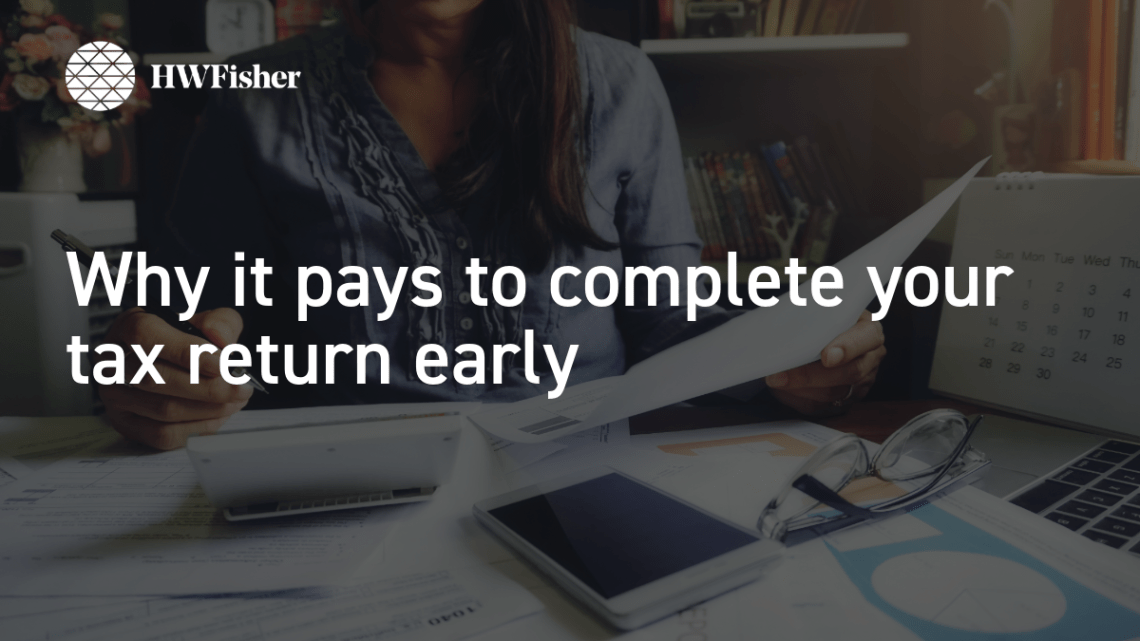
According to HMRC, nearly 300,000 people filed their self-assessment tax return in the first week of the new tax year. In fact, 70,000 of those customers completed their return on the first day of the tax year.
Trusha Shah, Tax Manager at HW Fisher, explains why filing early has become an increasingly popular trend.
“While a record 11.5 million tax returns were filed on time in the last tax year, 1.1 million individuals still managed to miss the deadline. Each of these people would have been handed an instant £100 fine, and this penalty would have increased if the return had still not been completed after three months. Thankfully, more people are starting to realise the benefits of completing their tax return early. We hope this means less people will make the costly mistake of missing the January deadline.”
Who needs to complete a self-assessment?
You must submit a tax return if you have self-employed earnings or have received untaxed income over £1,000.
However, it is not just the self-employed who must complete their self-assessment tax returns. You will also have to file if you have any untaxed income from:
When is the deadline?
Customers can file their Self-Assessment returns for the 2023/2024 tax year between 6 April 2024 and 31 January 2025.
Most people choose to file their returns online. Last year 97% of customers opted to complete their tax return in this way. The deadline for digital tax returns is midnight on the 31st of January 2025.
If you are planning to submit your return via post, the deadline is earlier, and you need to make sure that all your necessary documents arrive to HMRC by the 31st of October 2024.
Non-UK residents are unable to file their own tax returns online. Instead, they must file a paper return by October 31st deadline or appoint an agent with the approved software to assist with online filing.
What are the benefits of filing early?
By completing your tax return early, you will:
If you are a non-UK resident, filing early helps to ensure you receive your self-assessment statements from HMRC in good time to make the necessary tax payments (including payments on account). We’ve noticed that some posts are taking at least 3 months to reach customers based in Asia and Australia, which is creating unnecessary stress. Filing early can also help with arranging payments via financial institutions from abroad and managing the costs involved.
Top tips for completing your tax return
Advice for non UK residents
Trusha adds: “If you are new to the UK’s self-assessment, don’t forget that you have to register with HMRC. You should allow yourself plenty of time to complete this registration process as it is taking longer for people to obtain their Self-Assessment Unique Taxpayer Reference (UTR) and Non-Resident Landlord (NRL) numbers.”
If you would like tailored advice for your 2024/2025 tax return, you can contact our tax team here.
We’d love to hear from you. To book an appointment or to find out more about our services: